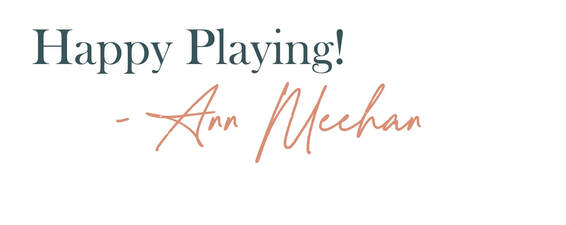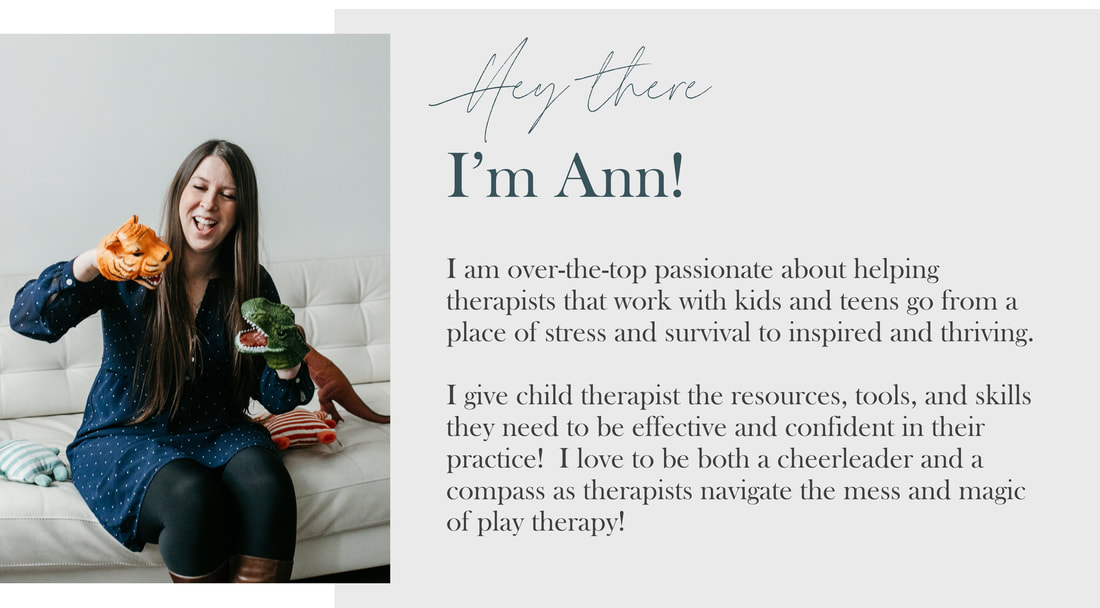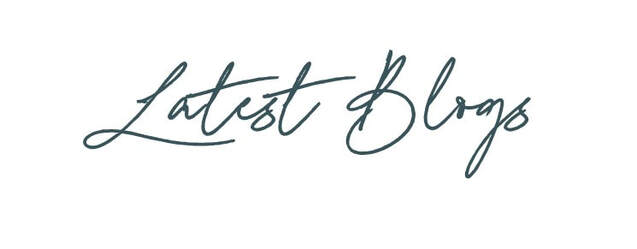|
When you think of a board report in the world of mental health therapy what comes up for you?
Well….besides a little bit of panic-heart-racing-sweaty feelings?
Most often what comes up is what was drilled into your head in graduate school - don’t have intimate relationships with clients. And while I’m not saying (unfortunately) that this doesn’t ever happen when you are a therapist that specializes in child and adolescent therapy, oftentimes other things are at play.
The most common board report in the world of child and adolescent therapy typically has to do with a therapist going outside scope or practice or acting in an unethical manner with a high conflict divorce or co-parenting case. BUT did you know that your documentation can also lead to a board report? HERE is a link to the statutes and rules I need to follow as an LPCC in Minnesota and HERE for my license in Wisconsin for example. And each state has a unique but similar code that therapists need to follow. So a little behind the scenes info here. I stumbled across a board report completely by accident of a child and adolescent therapist where the bulk of the report was about documentation. Mind. Blown. Now let me step back a minute. The Golden Thread of documentation states that documentation should be a reflection of what happens during a session in accordance to the goals that you set in your treatment plan. After I took a peek at this report I went to do a deeper dive to see what my state had to say about what is reportable to a professional licensing board regarding a therapist's documentation. AND this applies to any and all therapists including private pay! So, here are 7 very real things that have come up in board reports for child and adolescent therapists: Failure to provide treatment records once requested With Open Notes some medical records must comply with the client’s ability to have immediate access to notes once documentation has been made. AND each state has rules and statutes around what happens with documentation for a minor. Minnesota is a state where if someone with legal custody of a child requests records (except for very specific extenuating circumstances where you are definitely going to get your malpractice involved) you need to provide records in a timely manner. Writing a letter or providing documentation for recommendations that are outside of your scope of practice Everything you put in writing about a client is considered part of their therapy file. This includes letters or recommendations. If you are writing a letter that is outside of your scope of practice or training (such as writing a letter making recommendations about custody or visitation when you are not in the role of a custody evaluator or in the role of a forensic investigator and/or have no specialized training in this area) this is definitely something that could lead to a board report. Documenting the diagnosis of another in which you don’t have authority to diagnose This may be writing in a note or diagnostic assessment language that is diagnosing a parent or caregiver with a specific diagnosis. It could sound like “due to father’s Narcissistic Personality Disorder”, where you have no collateral records indicating this diagnosis and are jumping to conclusions that are outside of your scope of practice as a therapist focusing on the child and not having the parent as a client (giving you no authority to make a diagnosis). This is very different from documenting “per records received from Dr. Smith, PhD. LP on 6/12/23, Dr. Smith has diagnosed clients father with Narcissistic Personality Disorder”. Not having a record that includes the presenting problem For this one, typically this is our Diagnostic Assessment that includes all the history of the presenting difficulty. If you don’t have some record that is a detailed record for why a client is seeking therapy, this could be a reportable board issue. Not having a treatment plan that was initially made and updated While the Administrative Rules don’t say specifically when the treatment plan needs to be updated (although some insurances have rules about this that are individual to the insurance company) there needs to be some system to update symptoms, goals, and progress in therapy. Goals are not a “set it and forget it” type of thing where you have created a treatment plan and not reviewed it or updated it for a client who has been in therapy for three years. Failure to keep an accurate chronological listing of all client contacts and a summary of each This is what we refer to as progress notes. BUT it also states “all client contacts”, which also means any clinical content in emails or phone calls. AND this one is not only that you have a record, but you need to have enough detail in your record for others to have understood the content of the session or contact. Failure to document who was in session This links to the issue above with not documenting with enough detail. It is also a requirement to document who was present in session and who participated. So there you have it! 7 real life issues that have been cited in board reports for child and adolescent therapists! I would encourage you to reflect on your documentation practices and see if there are any of these areas you need to improve on or get better systems for! If you are struggling with documentation check out my course The 5 Minute Note Course that gives you support on all things progress notes. Learn to shrink your note writing process to write effortless and effective notes within your therapy day! This course includes all the details, guides, and cheat sheets to help you know what to write and how to write it. AND includes templates and cheat sheets specifically for progress notes for play therapy! Loading...
0 Comments
Leave a Reply. |
Hi, there!I'm Ann Meehan, an LPCC, Loading... Archives
July 2024
Categories
All
|
Privacy Policies | Terms of Use | Disclaimer
Contact
[email protected] | Copyright Meehan Mental Health Services 2022
Contact
[email protected] | Copyright Meehan Mental Health Services 2022







